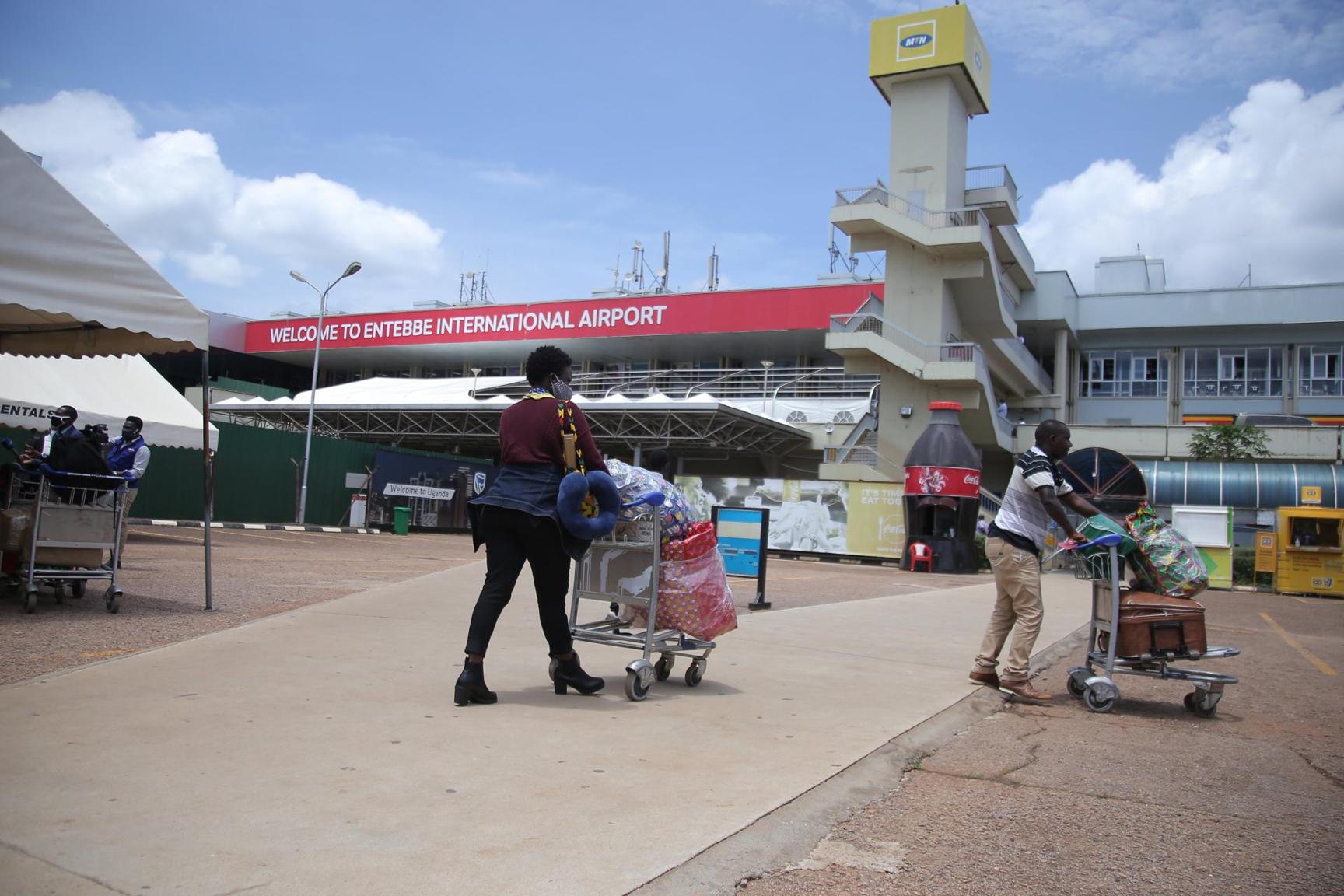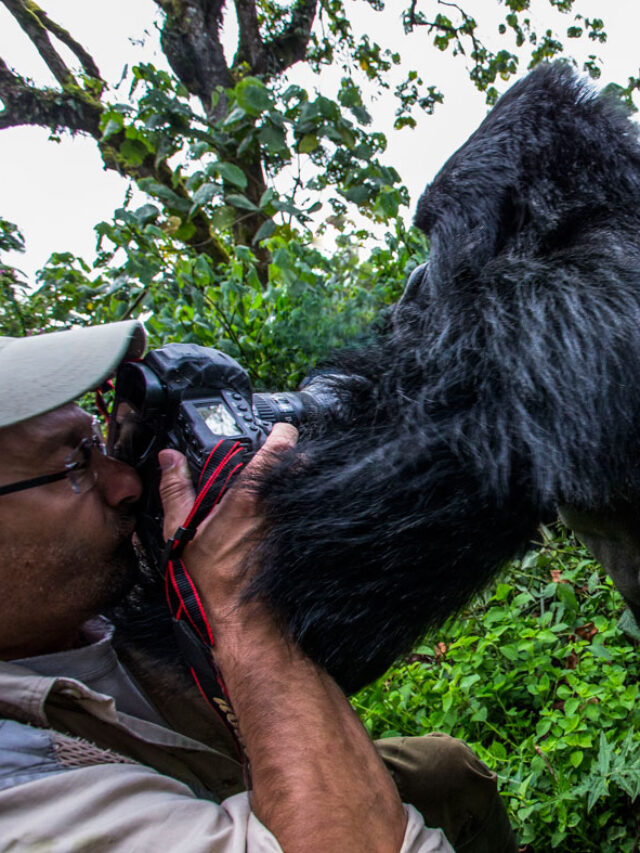Flying into Uganda? Here’s the Latest Health Rules at Entebbe International Airport (2025 Guide)
Arriving in Uganda: What Every Traveler Needs to Know Before Landing at Entebbe
Flying into Uganda is a gateway to one of the most extraordinary adventures in Africa — from gorilla trekking in Bwindi, to wildlife safaris across Queen Elizabeth National Park, to immersing yourself in the vibrant culture of Kampala. But before your journey begins, it’s essential to understand the latest health and entry regulations at Entebbe International Airport, Uganda’s primary international hub.
Latest Health Rules at Entebbe International Airport — As of July 2025, Uganda continues to uphold health security protocols designed to protect both its citizens and incoming travelers. These procedures reflect global public health trends, while also aligning with the country’s efforts to promote tourism in a safe and responsible way. Whether you’re a first-time visitor or a frequent explorer of the Pearl of Africa, here’s what you need to know.
Do You Still Need a COVID-19 Test or Vaccine to Enter Uganda?
The Ugandan Ministry of Health has officially lifted all mandatory COVID-19 testing and vaccination requirements for incoming travelers. This means that visitors — regardless of their vaccination status — are not required to present proof of vaccination or a negative PCR test upon arrival at Entebbe International Airport. This significant update has simplified the travel experience, making Uganda more accessible to international tourists.
However, travelers are still advised to be vaccinated against COVID-19 and to carry their vaccination cards or digital records as a precaution, especially since requirements can change quickly depending on global health trends. Also, some connecting airlines or departure countries may still require a negative test or proof of vaccination, so always double-check with your carrier before flying.
Health Surveillance and Thermal Screening Are Still in Place
While the strict COVID-era restrictions have eased, Entebbe International Airport still maintains active health surveillance. Upon arrival, all passengers are required to pass through automated thermal scanners that monitor body temperature. If you show signs of fever or flu-like symptoms, you may be subject to additional screening or questioned by health officials. This is part of Uganda’s broader health surveillance initiative to detect and prevent the spread of any infectious disease, not just COVID-19.
It’s also common for travelers to be asked to complete a short health declaration form during or before their flight, although this depends on current Ministry of Health updates. If you feel unwell before flying, it’s wise to postpone travel and seek medical clearance.
Yellow Fever Vaccination Certificate — Still Mandatory
Uganda remains a yellow fever endemic country. As such, all travelers aged 1 year and above are required to present a valid Yellow Fever Vaccination Certificate upon entry. The certificate must be issued at least 10 days before travel. This is a long-standing requirement and is strictly enforced at Entebbe Airport. If you arrive without this certificate, you risk being denied entry or being required to receive the vaccine at the airport health post — an experience best avoided.
If you’ve already been vaccinated, remember that the yellow fever vaccine is now considered to offer lifetime protection, so there’s no need for a booster unless specified by a medical professional.
Face Masks Are Optional but Recommended in Certain Areas
In line with current national guidelines, face masks are no longer mandatory in public or airport areas. However, wearing a mask is still recommended in crowded or poorly ventilated spaces within the airport, especially immigration halls and baggage claim areas. Airport staff, immigration officers, and health workers may continue to wear masks during peak arrival hours.
It’s advisable to keep a mask handy and use it if you experience cold or flu symptoms, both for your own protection and as a courtesy to others.
Health Insurance and Emergency Preparedness
Although not a mandatory requirement, Uganda’s Ministry of Health and the Civil Aviation Authority strongly encourage travelers to have valid health insurance that covers COVID-19-related treatment and emergency evacuation. In remote areas of Uganda — such as gorilla trekking zones or safari regions — access to advanced medical care can be limited. Having insurance that includes medical evacuation is a wise investment for your peace of mind.
Travelers arriving from countries affected by recent outbreaks (such as Ebola or Marburg virus) may be subject to additional screening based on global alerts, but this is not applied to most international travelers under normal circumstances.
What Happens If You Feel Sick on Arrival?
If you arrive feeling unwell or are flagged during thermal screening, you may be taken aside for a secondary health check. This could include a temperature recheck, a few questions about your symptoms, and possibly an on-site rapid test depending on the suspicion. While this process can delay your exit from the airport slightly, it is handled efficiently and professionally, with the health team trained to manage passengers with discretion.
You won’t be quarantined unless there is strong medical evidence of a contagious illness. For most common symptoms, you may simply be advised to seek medical care during your stay and given contact information for local clinics and hospitals.
















